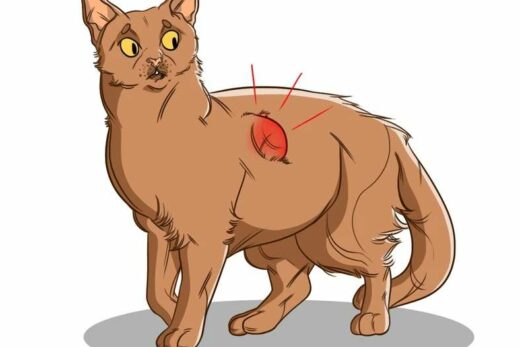From time to time, an upset stomach isn’t much of a concerning thing. We all experience moments when we may have eaten something that doesn’t agree with us, or our stomach just isn’t up to the usual tasks. The same thing can happen to our pets!
However, when your dog seems to be experiencing stomach upset often it may be time to get them checked out by a vet. That way, you can get a closer look at the options and medications available to you. One medication commonly prescribed is known as Metoclopramide, and it’s worth having an in-depth understanding of it!
What Is Metoclopramide For Dogs?
While Metoclopramide is typically prescribed for humans, vets may also choose to prescribe it to cats and dogs as well. Typically, it is meant to treat gastrointestinal upset. It’s a useful drug for dealing with things like nausea, reflux, and vomiting that can result from illnesses.
Metoclopramide can also be known as Octamide, Maxolon, Clopamon tablets and Reglan. Uses for these medications are all very similar, but may have some slightly different effects. Understanding the side effects of Reglan or any other similar medications is a good idea.
What Does Metoclopramide Do?
There is a variety of Metoclopramide uses, including helping with getting the stomach emptied, treating migraine headaches, gastroesophageal reflux illnesses, nausea, and vomiting. In some pets, Metoclopramide can be used for assisting with hairballs or food that isn’t moving along, as well as helping with cancer treatment symptoms.
Metoclopramide For Dogs Doses
When your vet prescribes Metoclopramide for your pet, it’s important to make sure their administration instructions are followed completely. Doses that are incorrect can cause complications, overdoses or simply not treat the illness as well as it should.
Your vet will provide you with the correct dosage for your dog. If they manage to consume too much, let your vet know right away so that they can provide a course of action. It’s also a good idea to let the vet know if your dog’s condition becomes worse or doesn’t appear to change after taking the medication.
Finally, contact your vet if a dose is missed. Typically, you can simply provide the dose if it was only missed by a shorter period of time but it’s best to get the exact instructions from your vet, in order to ensure the best results for your dog.
Metoclopramide for cats is also an option if your cat experiences digestive stress, however it’s important that you first check with a vet about the cause as giving Metoclopramide may worsen the condition. If you think your cat can benefit from this medication, ensure you consult a vet about it and obtain the correct dosage for your pet.
How Does Metoclopramide Work?
As a receptor antagonist, Metoclopramide blocks areas in the nervous system from receiving certain kinds of stimuli. As a result, it can keep dogs from vomiting or becoming nauseous. In turn, this can help them to maintain their strength by digesting food and water rather than expelling it.





